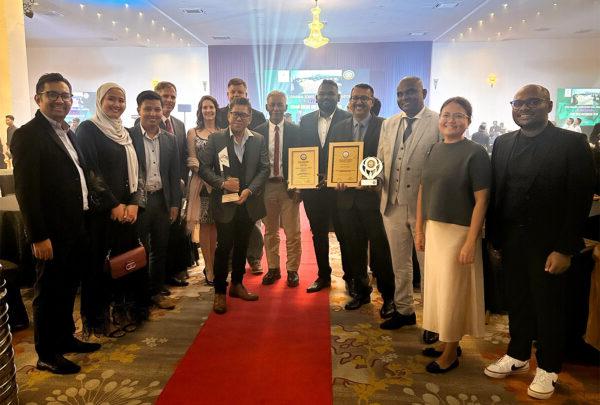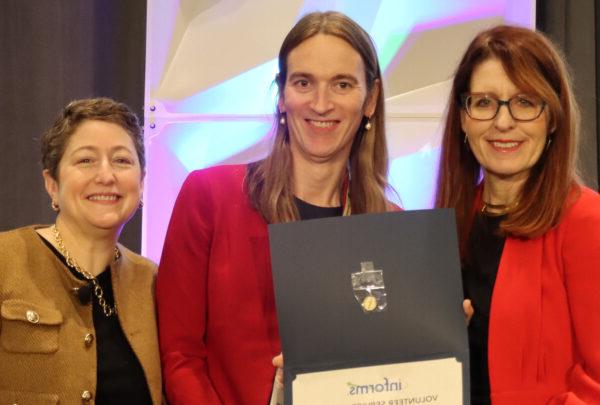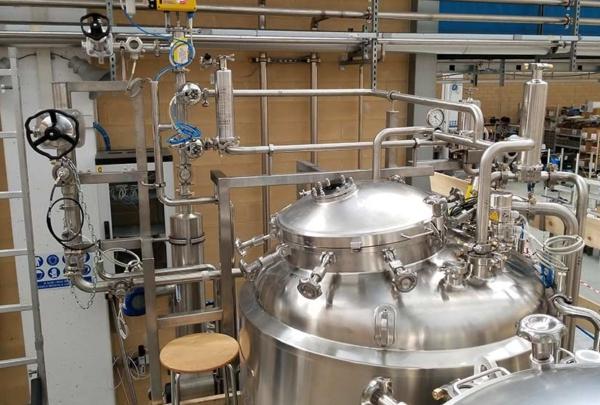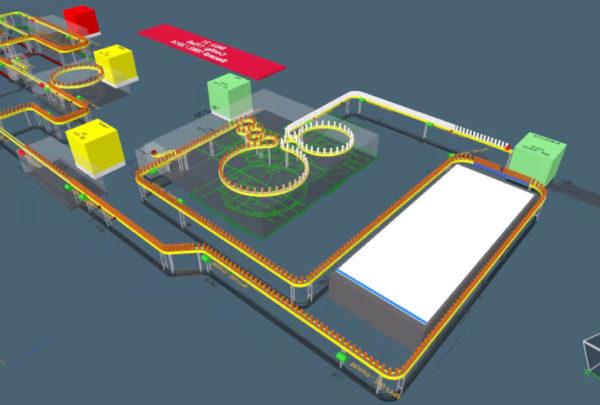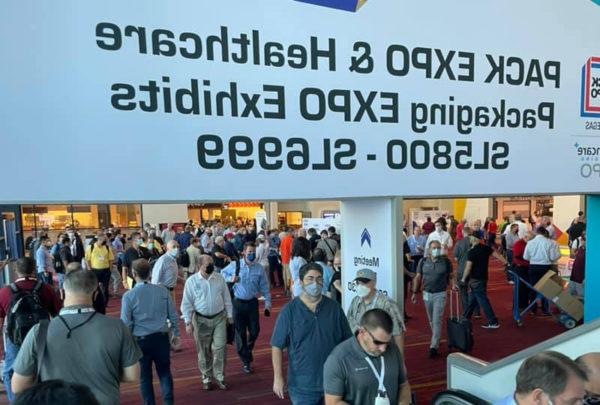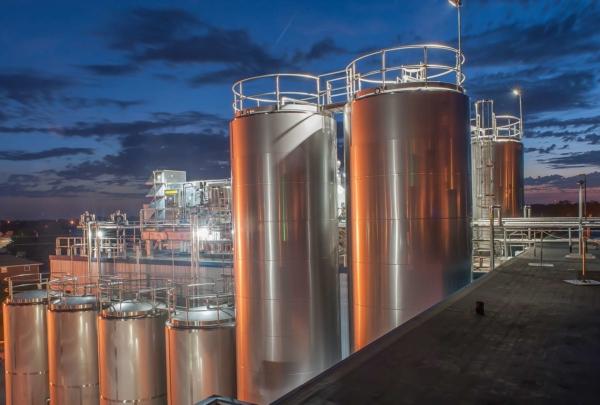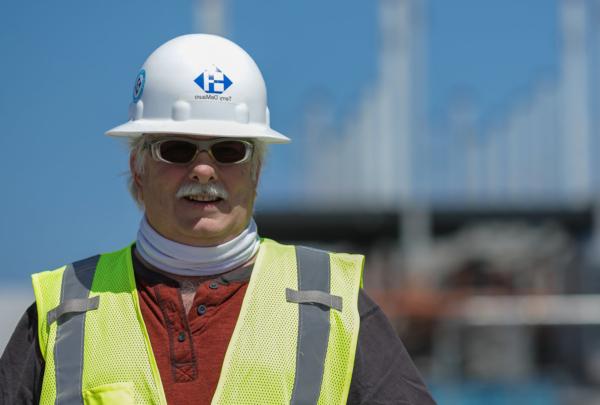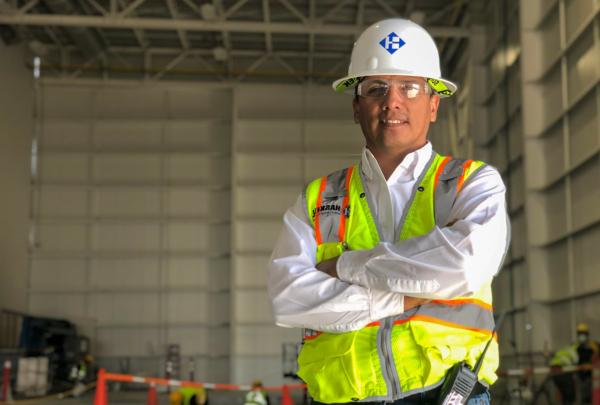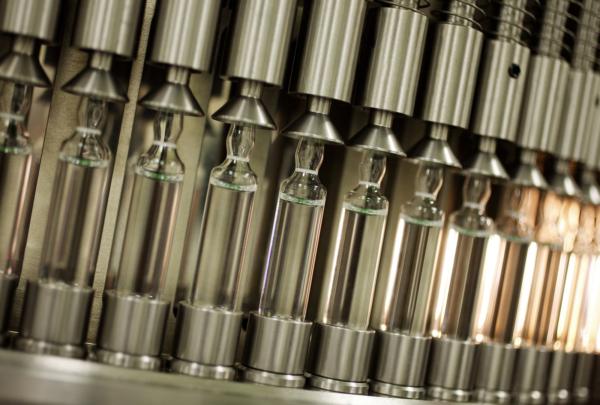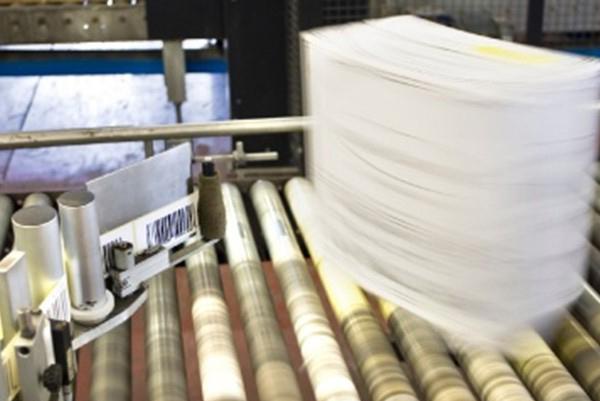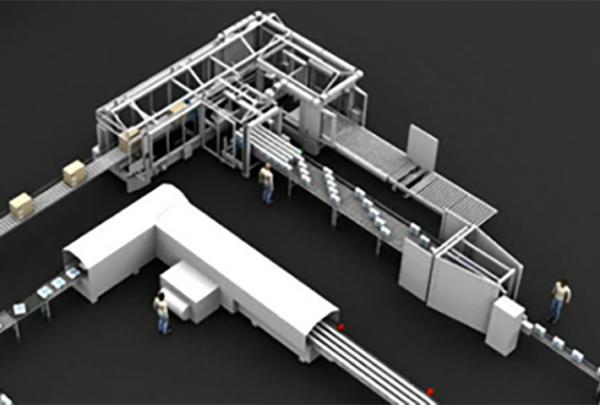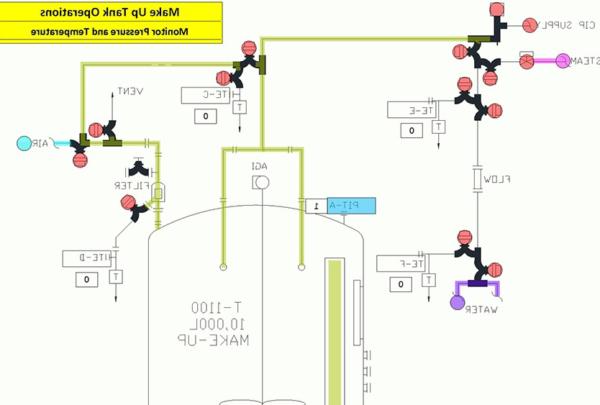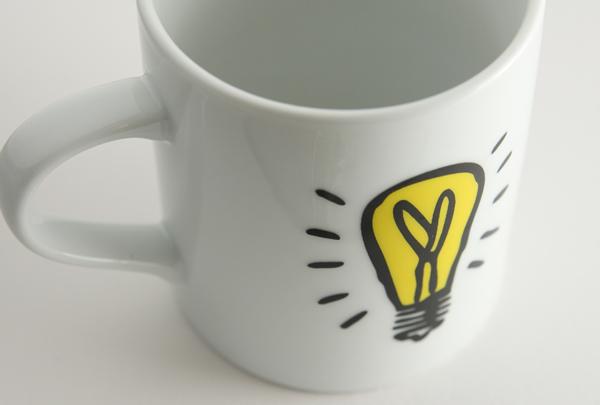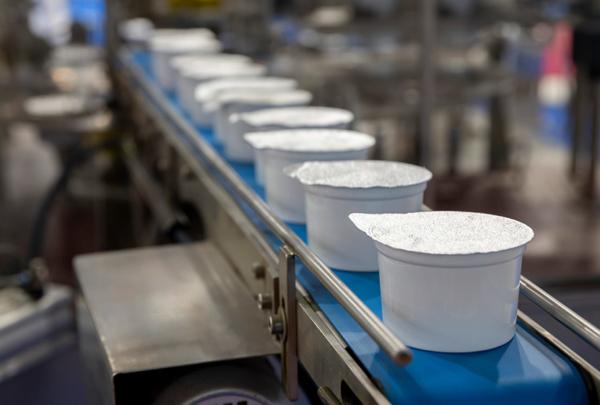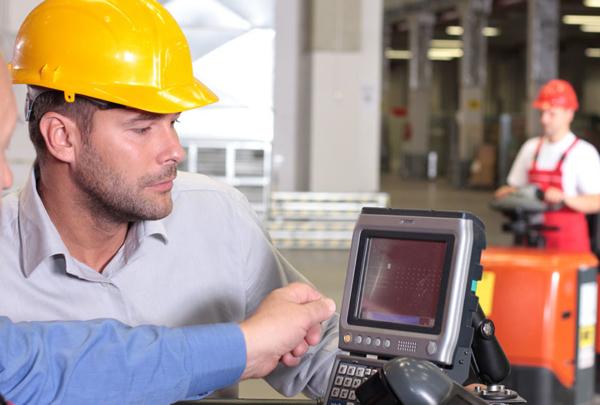Integrating a controls systems in a process and/or packaging line is a complex undertaking. Many companies claim the ability to perform it, but far fewer can claim that they do it well.
If you are in the market to build a new line or upgrade an existing one by integrating new equipment centers or enhanced automation and controls, asking the right questions of your prospective integrator and getting the right answers is critical to optimal performance and maximum return on investment.
So here is a starter set of questions and the reasons that each is important.
Do your automation engineers have knowledge of the equipment they are controlling?
If not, they will need a good functional description or a description of operation to write the code.
Do you use proprietary code?
This can get into a long-term licensing or support contracts for future upgrades if proprietary code is used. Other firms may not be able to support the system in the future.
Is your code open source?
If the code is proprietary, only the integrator will be able to provide support in the future.
Do your programmers commission the code they write?
The programmer has more ownership in the code they write if they go onsite to commission the system.
Will you use client-provided automation standards and guidelines?
Some integrators will only provide you with the system they are selling and not what you need.
Will you incorporate client-provided software modules?
Not all integrators want to deviate from their standard systems and incorporate client standards.
Do you program within the confines of the software?
Some integrators will write ActiveX and other code that is required for the system. This can be an issue when you want to upgrade the system in the future.
Do you provide a system with performance and reliability as top priorities?
Some integrators will sacrifice system performance for flashy graphics and look and feel.
Do you provide a system that produces safe and high-quality product?
Not all integrators understand the end products of their systems or the requirements to produce them.
Do you provide a system designed within the guidelines and best practices of the software/hardware products being used?
Most software and hardware manufacturers will provide guidelines or best practices. If the system is not designed within these guidelines, manufacturer support can be an issue.
Do you provide a system that meets and exceeds the codes and regulations governing the product?
Not all integrators understand the codes and regulations of the agencies that oversee a product such as 3-A, Project Management Office (PMO), Food Safety Modernization Act (FSMA), etc.
Do you provide a well-documented system that allows for ease of use and maintenance?
You want a system that your maintenance team can support to prevent frequent calls to the integrator for service and support.
Do you provide onsite, phone and VPN support to projects?
Onsite and remote support are sometimes needed to work through an issue. You want to make sure you have someone to contact in a time of need.
Do you provide operator and maintenance training on system operation and troubleshooting?
You want a system your team can maintain and run when all the contractors have left the site. Training is one way to make sure your team is ready.
Do you provide a system that is designed based on the needs and functionality required by the client?
Not all integrators listen to the client. You will get the system they have, but you may not want.
Do you provide a system that provides for product traceability and usage?
In today’s environment, systems must be able to track product genealogy and usage.
Do you provide a system with levels of security for operations, quality, maintenance, supervisors and front-office functions?
You want to be able to protect system operations based on the needs of your facility.
With more than 300 engineers specializing in process, packaging and material handling, 澳门足彩app and its subsidiary Seiberling provide the collaborative and holistic experience that few if any competitors can. To learn more about automation capabilities, contact Jeff Pearse, Design Director – Consumer Packaged Goods Process Engineering at jeff.pearse@zhaowoya.net.
